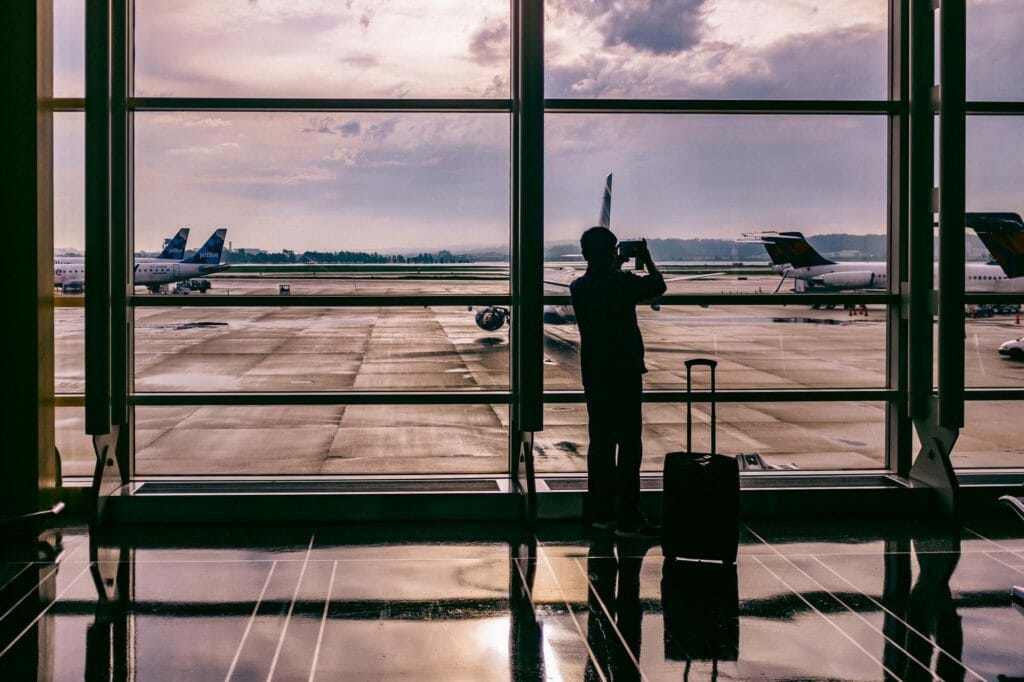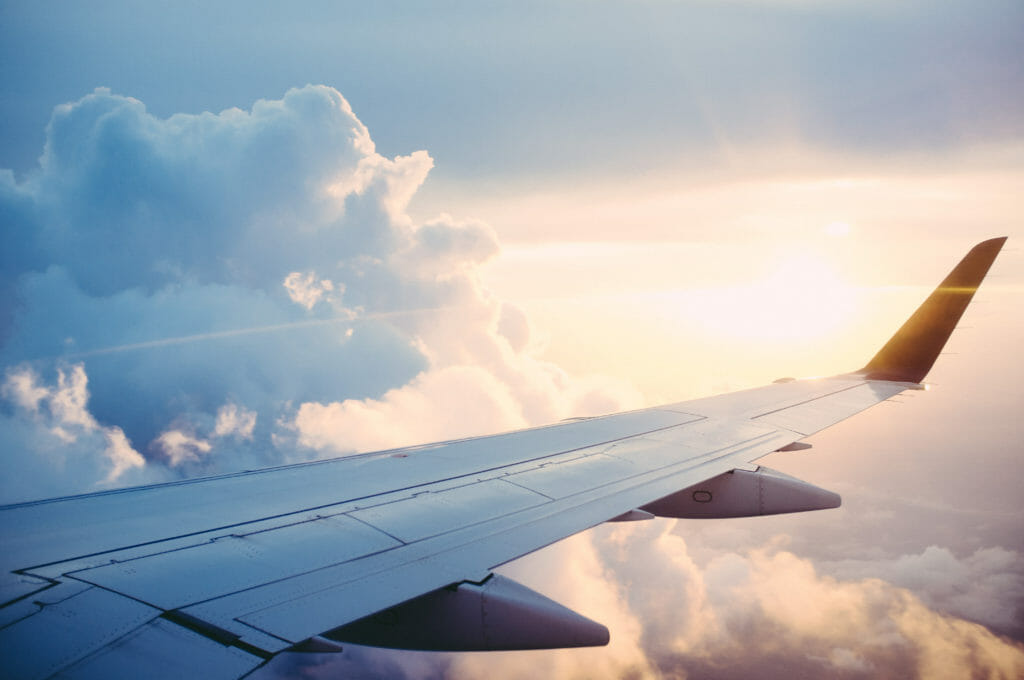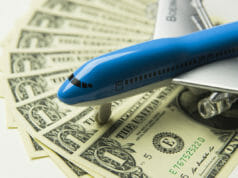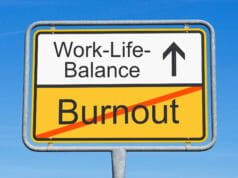
Photo used with permission from Unspalsh.com
Most airline pilots in the United States have the freedom to live in a city different than the pilot’s assigned domicile. While such opportunity improves quality of life, the downside is the need to “commute” to domicile during that pilot’s free time; eating into precious time off. This a to pilots taking different factors into consideration when they are thinking about commuting.
First and foremost, the minimum amount of days off a pilot has each month is crucial. Each airline offers a minimum of days off per month, the norm being 12 days. Some airlines have a clause in their contract that states a minimum block of days off between each trip. The blocks of days off are dictated by the contract for the purpose of creating monthly schedules. Generally, one can expect two days off in between trips (or reserve days), with one airline granting as many as four days off. Other airlines may not have such clause, resulting in pilots having only one day off in between trips, making it very difficult to commute home and enjoy any time off. It is worth noting that the pilot may have the ability to move trips around to have more or less days off in between trips.
If an airline has a Commuter Policy in its contract, it will dictate the requirements pilots must follow in order to be covered by the policy. A Commuter Policy is an agreement between the company and the pilots that allows pilots to not face disciplinary action if they are unable to get to their domicile for their trip. The company does require some evidence of the pilots attempting to get to their domicile. For example, almost all airlines require two flight options for each segment. If the pilot has to connect to get to their domicile, then each city-pairing segment requires two flight options. Some airlines may allow pilots the option to rely on one flight option between two city pairings. If this option is used, a pilot may have a maximum amount of occurrences (usually three times in a rolling 12 months) before the pilot receives any disciplinary action. The commuter clause will, for the most part, cover all domestic flights. Certain airlines will extend the clause to international flights within North America and Europe.

Photo used with permission from Unspalsh.com
If the pilot is unable to get to his/her domicile in time, coordination with crew scheduling is essential. Airlines will require the pilot to contact scheduling; scheduling may allow the pilot to commute to another base (if possible) to rejoin his/her original trip or to work a different trip. Scheduling may also want the pilot to continue trying to get to their domicile for other flights. Most airlines will grant the pilot a hotel in domicile if the pilot commutes to base and scheduling has no flights to assign the pilot.
Lastly and most importantly, airlines will not pay protect a pilot for any flying missed due to the commuter clause. While not directly affected by the airline’s contract and commuter clause, living at base will provide more opportunities for pilots to get paid more by picking up extra additional flying on days off, especially when the company provides incentives. For example, a commuting pilot may not be able to pick up a day trip paying 200% because of the work required to commute to base and back home—a pilot living in domicile may easily work the day trip.
Being able to commute to one’s domicile base can be seen as a great improvement to a pilot’s quality of life, but complications may arise. An airline’s minimum days off will weigh heavily when determining if a pilot can live in another city or not. Compensation will also be impacted two-fold: a commuting pilot will lose out on any flying missed due to complications with commuting as well as difficulty picking up extra trips. Although commuter clauses mostly resemble each other, these other contractual differences may impact commuters the most.
If a pilot decides to commute, he or she will have to look into crash pads. Crash pads are temporary sleeping places where multiple pilots and flight attendants (from various airlines) lodge. Some crash pads require a monthly rent, whereas others will require a fee for each night the crew member stays. Crash pads are relatively close to a particular domicile and transportation, for the most part, is provided.
Duration is a very important aspect, as some will only allow pilots to stay there for a limited time, whereas other crash pad options do not have a certain time limit. This option comes in handy for pilots who are faced with an unscheduled overnight in base (especially reserves) and require a place to stay at for the night.
For pilots staying at crash pads, utilities are generally paid for. Housekeeping is generally provided depending on the crash pad operator. Overall, crash pads are very beneficial for pilots who are brand new to the aviation industry due to the fact that other pilots stay at crash pads and connections are made.
Additionally, new pilots can learn about the contract by connecting with other pilots.

























































































































